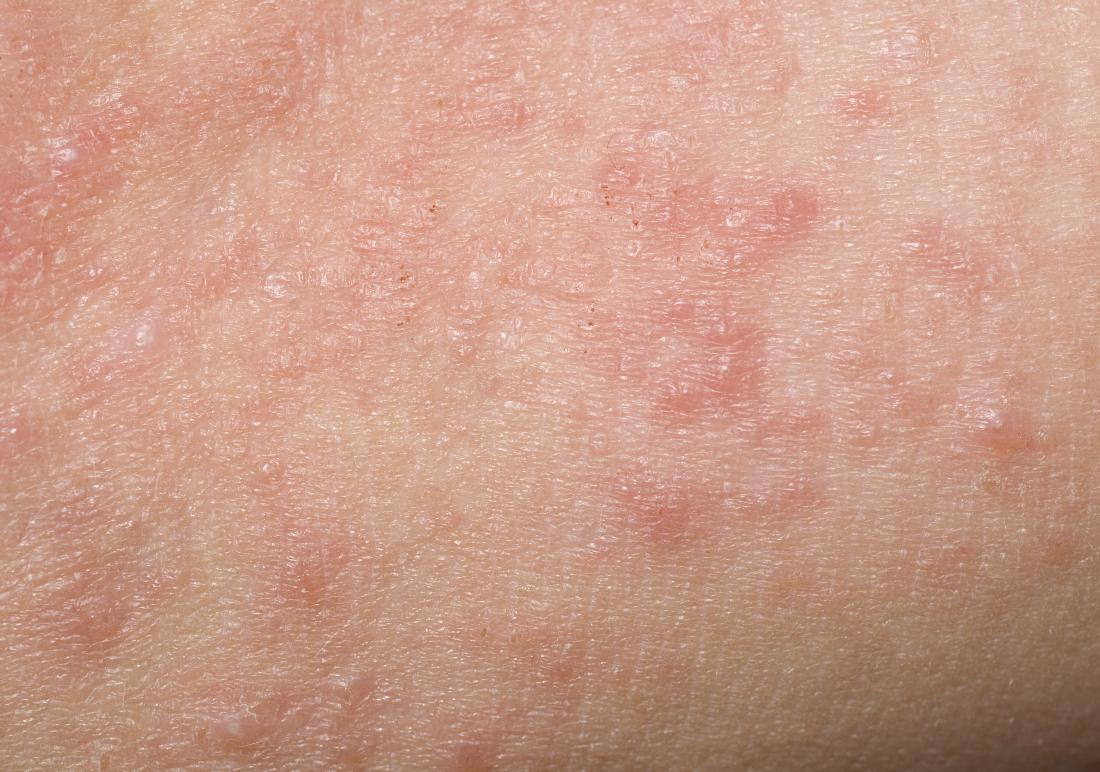Decoding that Red, Bumpy Rash on Your Arms and Legs

Waking up to find an unfamiliar red, bumpy rash spread across your arms and legs can be alarming. It's a common experience, and while most causes are harmless and easily treated, understanding the potential triggers is key to effective management and peace of mind. This guide will walk you through everything you need to know about dealing with these irritating skin eruptions.
Skin rashes featuring redness and bumps can range from minor irritations to indicators of underlying health issues. Pinpointing the cause often requires a bit of detective work, considering factors like recent exposure to allergens, new medications, or changes in environment. Sometimes, these rashes are simply a reaction to an irritant, while other times they signal a more complex condition.
The appearance of a rash can vary significantly. Some may present as small, closely packed bumps, while others might manifest as larger, more scattered welts. Accompanying symptoms can also differ; some rashes are intensely itchy, while others may be painful, burning, or even blister. Understanding these nuances is crucial in determining the nature of the rash and the appropriate course of action.
It's important to distinguish between different types of rashes. For instance, contact dermatitis, caused by direct contact with irritants like poison ivy, differs significantly from hives, an allergic reaction that can cause raised, itchy welts. Similarly, eczema, a chronic inflammatory skin condition, presents differently from heat rash, triggered by excessive sweating. Accurately identifying the type of rash is the first step towards effective treatment.
While many red, bumpy rashes resolve on their own with simple home care, others require medical attention. Knowing when to seek professional advice is vital. If the rash is accompanied by fever, difficulty breathing, swelling, or spreading rapidly, it's crucial to consult a doctor immediately. These symptoms could indicate a more serious condition requiring prompt medical intervention.
Throughout history, skin rashes have presented challenges for both patients and physicians. Early medical texts often grouped various skin conditions together, making diagnosis and treatment difficult. Modern medicine has significantly advanced our understanding of dermatological issues, enabling more precise identification and targeted therapies for conditions presenting as a red, bumpy rash on the arms and legs.
Several factors can contribute to the development of these rashes. Allergies to certain foods, medications, or environmental factors like pollen are common culprits. Insect bites, infections such as chickenpox or shingles, and autoimmune disorders can also manifest as red, bumpy eruptions on the skin.
While the rash itself doesn't offer inherent benefits, its presence can serve as a crucial warning sign. It alerts us to potential underlying health issues that might otherwise go unnoticed. Identifying and addressing the root cause of the rash can lead to improved overall health and well-being.
Advantages and Disadvantages of Self-Treating a Rash
| Advantages | Disadvantages |
|---|---|
| Convenience and cost-effectiveness of over-the-counter remedies. | Risk of misdiagnosis and delaying appropriate treatment for serious conditions. |
| Quick relief from mild symptoms with readily available products. | Potential for adverse reactions to over-the-counter medications. |
If the rash is mild and not accompanied by other concerning symptoms, you can try some home remedies. Cool compresses can soothe itching and inflammation. Over-the-counter hydrocortisone cream can help reduce redness and swelling. Avoid scratching the affected area, as this can worsen the irritation and increase the risk of infection.
If home remedies don't provide relief within a few days, or if the rash worsens, it's essential to consult a dermatologist. They can accurately diagnose the cause and recommend appropriate treatment options, which may include prescription medications or other therapies.
Frequently Asked Questions
1. What causes a red bumpy rash on arms and legs? Many things, from allergies to infections. See a doctor for a diagnosis.
2. When should I see a doctor for a rash? If it's severe, spreads rapidly, or is accompanied by other symptoms like fever.
3. Can I treat a rash at home? Mild rashes can often be managed with home remedies like cool compresses.
4. What over-the-counter creams can help with a rash? Hydrocortisone cream can reduce redness and itching.
5. How can I prevent rashes? Avoid known allergens, use gentle skincare products, and protect your skin from irritants.
6. Are all rashes itchy? No, some rashes may be painful, burning, or have no sensation at all.
7. Can stress cause a rash? Yes, stress can sometimes trigger or worsen skin conditions like eczema.
8. How long do rashes typically last? The duration varies depending on the cause. Some resolve within days, while others can persist for weeks or longer.
Dealing with a red, bumpy rash on your arms and legs can be frustrating, but understanding the potential causes and treatment options empowers you to take control of your skin health. While many rashes are benign and easily managed, others can signal more serious underlying conditions. By paying attention to your body, seeking professional advice when needed, and implementing appropriate self-care strategies, you can effectively address these irritating skin eruptions and maintain healthy, comfortable skin. Remember, early intervention and accurate diagnosis are key to successful treatment and preventing potential complications.
Fifa 24 pc elevate your game
Conquering the ny permit test study guides and resources
Harris county power outage maps stay informed prepared











